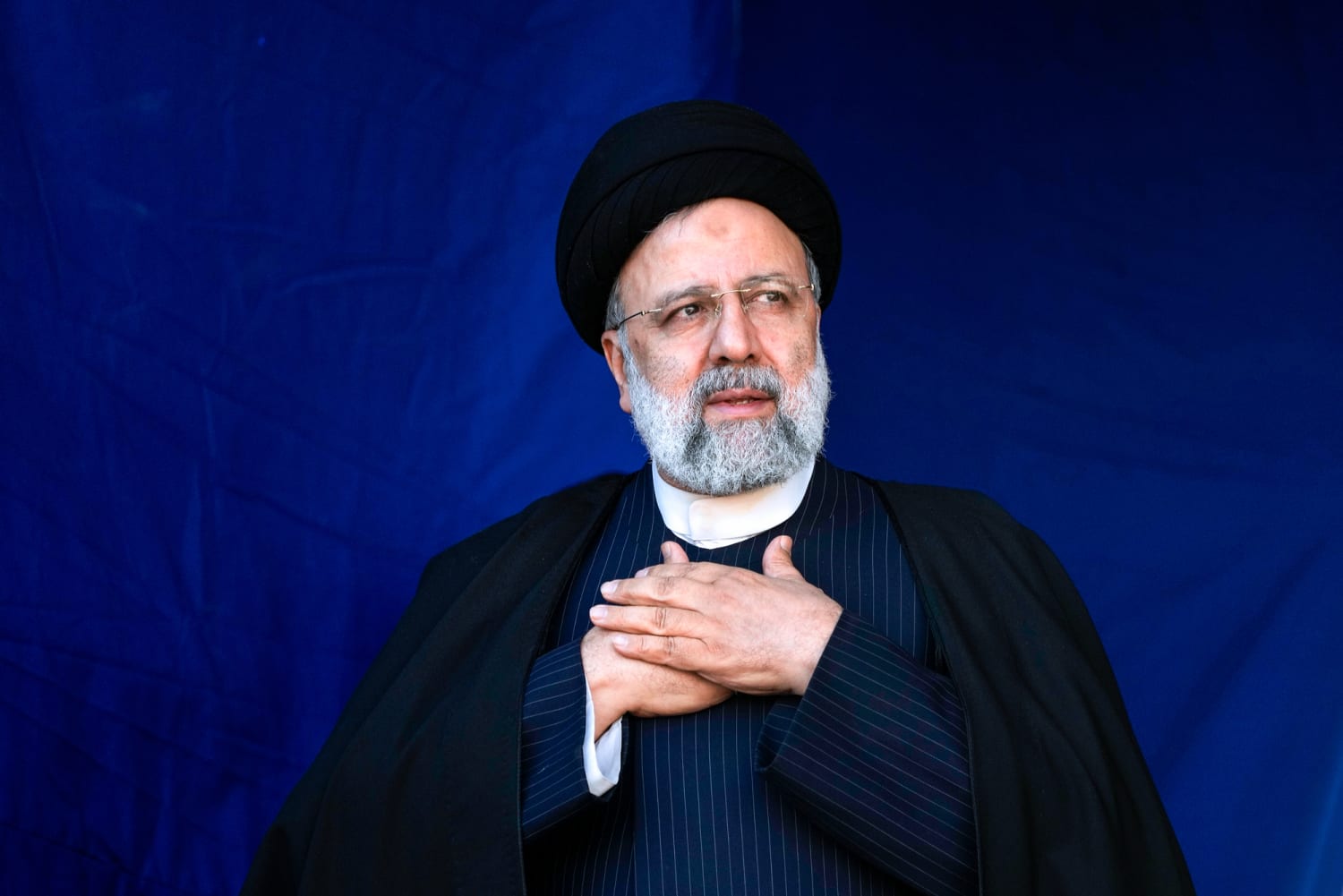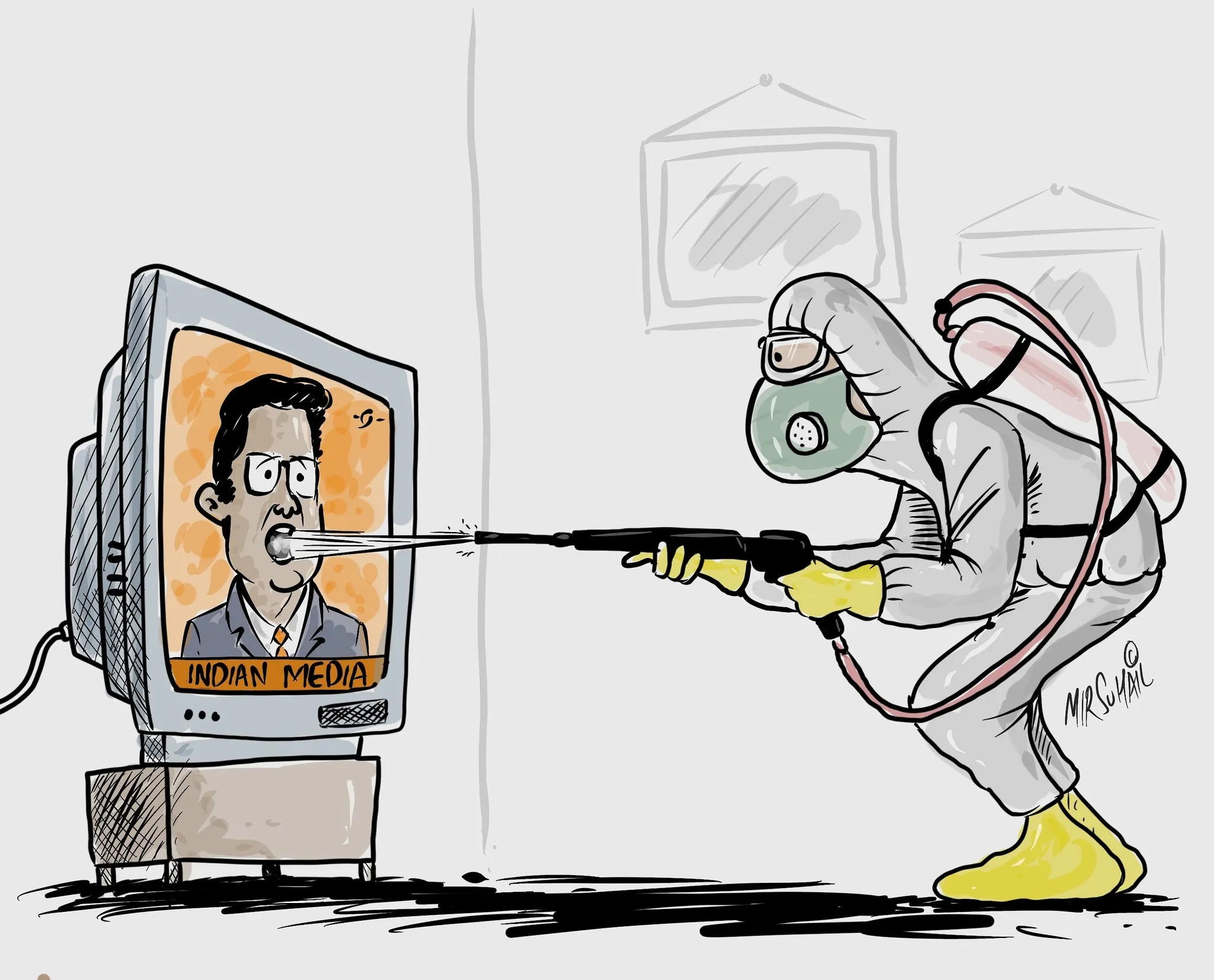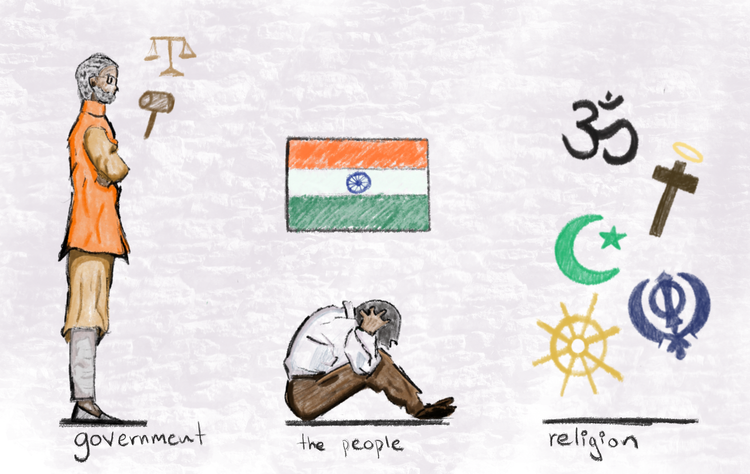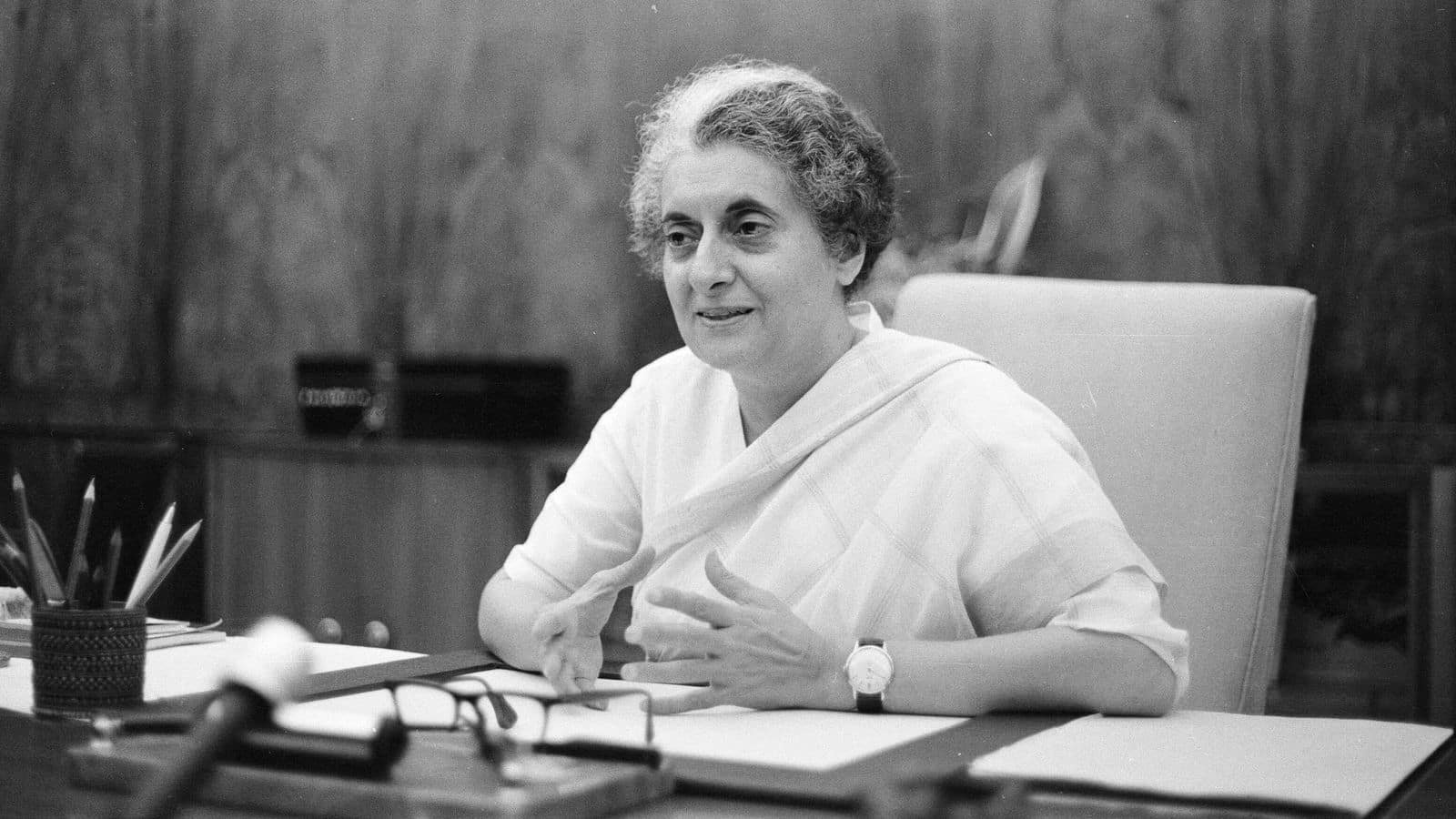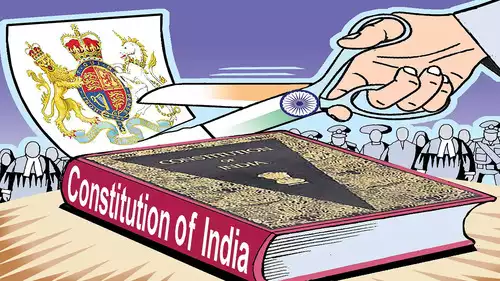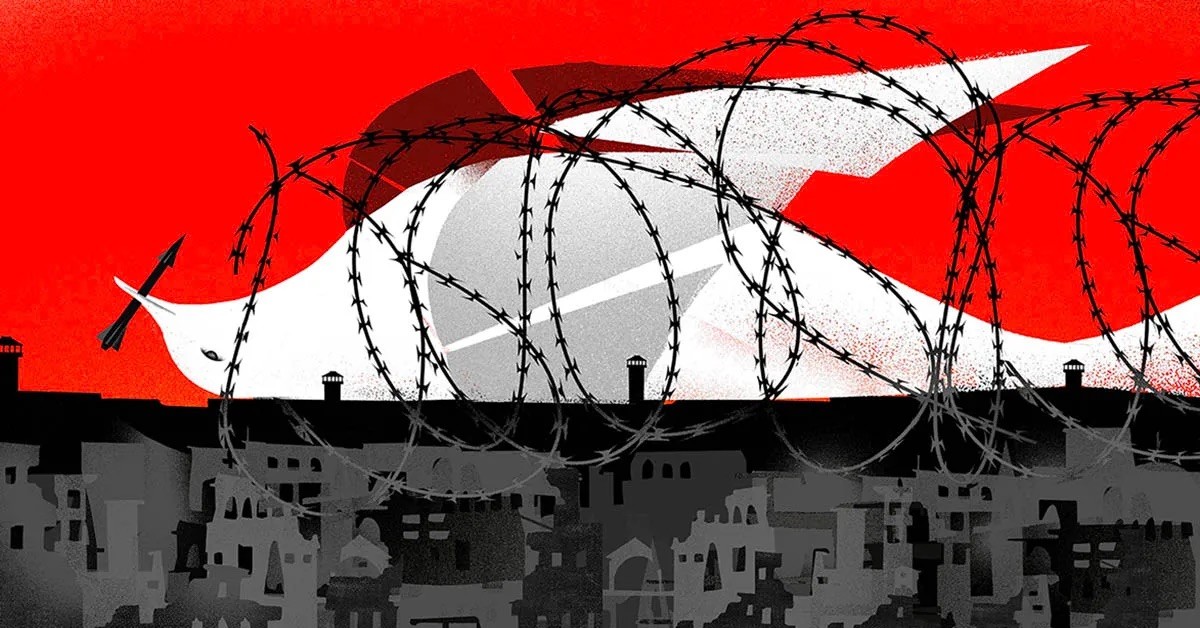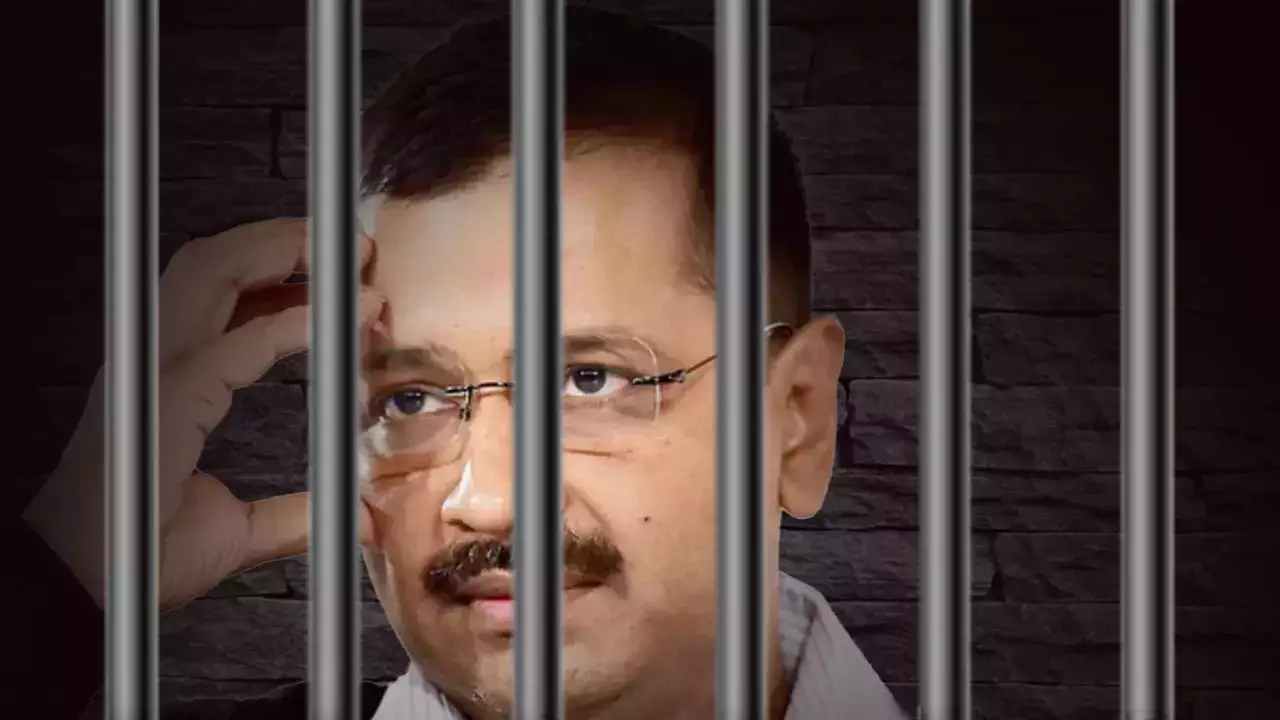The recent helicopter crash that killed Iran’s President Ebrahim Raisi has attracted a lot of interest from around the world. Nonetheless, it is unlikely that this tragic incident will change the Islamic Republic’s deeply ingrained social, political, or foreign policy characteristics. Iran’s history demonstrates its amazing endurance against political shocks, despite predictions of impending turmoil in the political system.
Political Stability in the Face of Adversity
Iran has proven to have a strong ability to maintain political stability even in the face of severe hardship. The goals of the regime have not been thwarted by historical precedents like the assassinations of influential individuals in the early stages of the Islamic revolution or the tumultuous phase of the Iran-Iraq war. Rather, these occasions have frequently been used to strengthen the revolutionary ideology and consolidate control. The regime’s skill at handling crises was particularly clear during the 1989 transition that followed Ayatollah Khomeini’s death, a time when instability was a real possibility.
The passing of Ayatollah Khomeini, one of the 20th century’s most captivating leaders, appeared certain to spark a succession crisis. His death occurred at the same time that the bloody ten-year Iran-Iraq war came to an end, a moment that may have been seized because of demographic pressures and general economic hardship. However, the handover of power happened without a hitch, which strengthened the stability of the administration. According to this precedence, the predicted crisis might not even arise if the current Supreme Leader passes away in the future.
Raisi’s Limited Impact on Political Dynamics
Iran’s political apparatus is unlikely to be disrupted by the passing of Ebrahim Raisi, considering his comparatively meek and unenthusiastic political presence. In Iran’s political system, the president functions more like a prime minister under a strong clerical monarch. Thus, to suggest that Raisi’s death would trigger major political unrest is to misjudge the character and structural profundity of Iran’s leadership. Iran’s business as usual appears to be assured by the regime’s proven resilience and continuity in the face of such events.
Unyielding Grip on Civil Liberties
The future of civil rights movements in Iran is still very uncertain. The dictatorship has responded brutally to acts of opposition, including the recent rallies staged by women in response to the Mahsa Amini tragedy. The loss of a comparatively insignificant person like Raisi doesn’t much lessen the strain activists are under. His absence will not lessen the state’s hold on civil society because his function did not include managing the levers of power that carry out the oppressive actions of the state. The regime’s well-established systems of suppression and control are still in existence.
Raisi’s passing is not anticipated to have a major impact on Iran’s foreign policy. Particularly representative of this continuity are three areas:
Trends in Regional Geopolitics and the Role of the Military
The Iranian president or foreign minister has no influence on the violence that is still occurring in West Asia, including Iran’s involvement in wars like the one between Hamas and Israel. The Islamic Revolutionary Guard Corps (IRGC) and its Quds Force have jurisdiction over these issues. A few years ago, this separation of authority was brought to light when it was discovered through leaked recordings that a former foreign minister had no say in issues pertaining to Middle East geopolitics, which are solely under the control of the IRGC.
Programme for Nuclear Weapons
Similarly, neither the president nor the foreign minister have the last word or supervision over Iran’s nuclear weapons programme. Generally speaking, the administration and parliament are not allowed to even discuss the nuclear problem. Iran has skillfully established itself as a threshold nuclear state over the last 20 years, and it shows no indications of reversing course. This crucial area of Iran’s national security is ultimately under the direction and control of the IRGC and the Supreme Leader.
Western Powers and Relations
Neither Raisi nor the Foreign Minister have played a major role in determining strategic directions on more general foreign policy topics, such as talks and ties with Western nations. Iran has maintained a combative posture towards the West since 1979, and this stance is reinforced by its affiliation with an anti-Western coalition that also includes countries such as China and Russia. This alliance, which also includes nations like Nicaragua and North Korea, successfully lessens the negative effects of Western isolation on Iran and ensures the regime’s survival.
Iran’s situation has not changed as a result of Raisi’s passing. His death will probably be a footnote in the larger story of the Islamic Republic because of the regime’s persistent tactics of consolidating power, quelling criticism, and pursuing independent foreign policy. Despite its significance, this incident highlights the continuity rather than the shift in Iran’s complicated political environment. Though it may provoke conjecture and anxiety, the regime’s probably calculated reaction to Raisi’s death confirms the tenacity of the current order and the unlikely possibility of major transformation resulting from a single incident under a strategically astute government.
In summary, the framework of Iranian foreign policy, which is firmly based on the IRGC’s and the Supreme Leader’s power and is reinforced by important international relationships, has not changed. It is improbable that the Iranian regime’s core beliefs and positions will alter in response to the passing of individuals such as Raisi. The political and social structures of the Islamic Republic are intended to endure these shocks, guaranteeing continuity and stability in the face of hardship.
